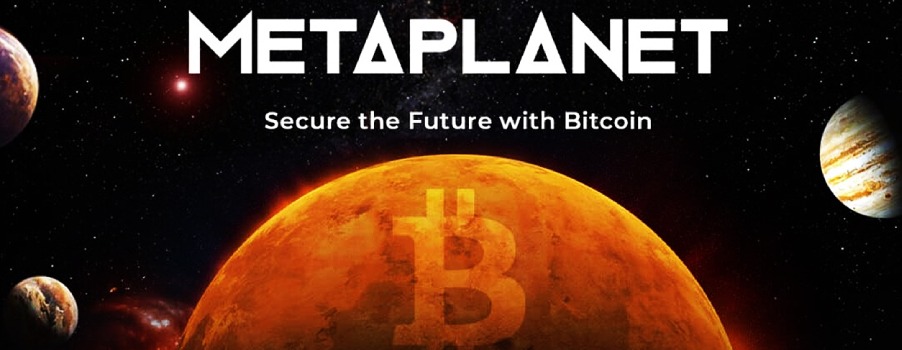Japanese investment firm Metaplanet has officially expanded into the United States, launching Metaplanet Treasury Corporation, a wholly-owned subsidiary based in Florida. The company has initially capitalized this new entity with $10 million and plans to allocate up to $250 million from its internal reserves to further strengthen its Bitcoin holdings.
Thanks to its pro-business attitude and relatively lax regulations, Florida has become a magnet for blockchain and cryptocurrency startups and established companies alike. By expanding into the state, Metaplanet hopes to better connect with the rapid financial innovation happening in the US and acquire operational coverage around the clock.
Thanks to Florida’s lenient attitude toward digital assets, Metaplanet is well-positioned to work with the increasing number of fintech and Web3 firms, and it also provides operational agility. This covers domains where regulations are still being worked out, such as online betting and cryptocurrency gambling.
Just in the last month, Metaplanet bought 1,650 Bitcoin, bringing its total acquisition to 5,000 Bitcoin, which is currently worth over $467 million. By the end of 2025, the corporation aims to have 10,000 Bitcoin, and by the end of 2026, it wants to have 21,000 Bitcoin.
Crucially, Metaplanet has already said that it would not be seeking funds from external investors. Rather, the firm will fund its expansion, suggesting its faith in Bitcoin’s potential and its will to be an industry pioneer in the use of digital assets. Investor sentiment appears to reflect this momentum. Metaplanet’s stock has surged more than 1,200% in the past year, fueled in part by its bold crypto strategy and public commitment to Bitcoin as a treasury reserve asset.
The Bigger Picture
Florida seems like a great place to start, but could there be more to explore? Well, it certainly looks like that. There may be considerable implications for the US cryptocurrency betting industry if Metaplanet’s growth indicates more institutional support for Bitcoin. Online gaming and gambling are only two of many industries that stand to benefit from the widespread usage of digital assets brought about by the growing number of public enterprises that use Bitcoin.
Some online gambling establishments and sportsbooks may find it simpler to accept Bitcoin and other digital currencies if their use grows among businesses. Enhancements to banking ties, uniformity in licensing procedures, and customer trust might be part of this. All of these are essential for expansion in a regulatory market like online gambling. Additionally, the use of Bitcoin as a strategic treasury asset by more businesses might hasten the adoption of regulations at the national and state levels that spell out precisely how digital assets can be utilized for gambling-related transactions, including deposits, payouts, and payments.








